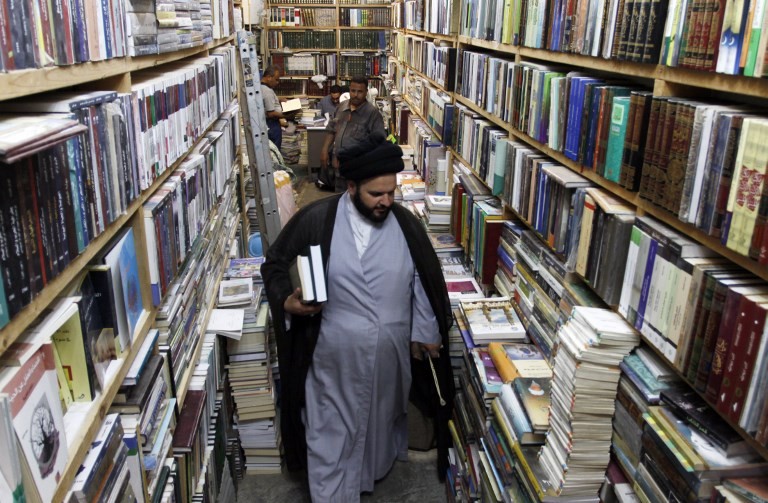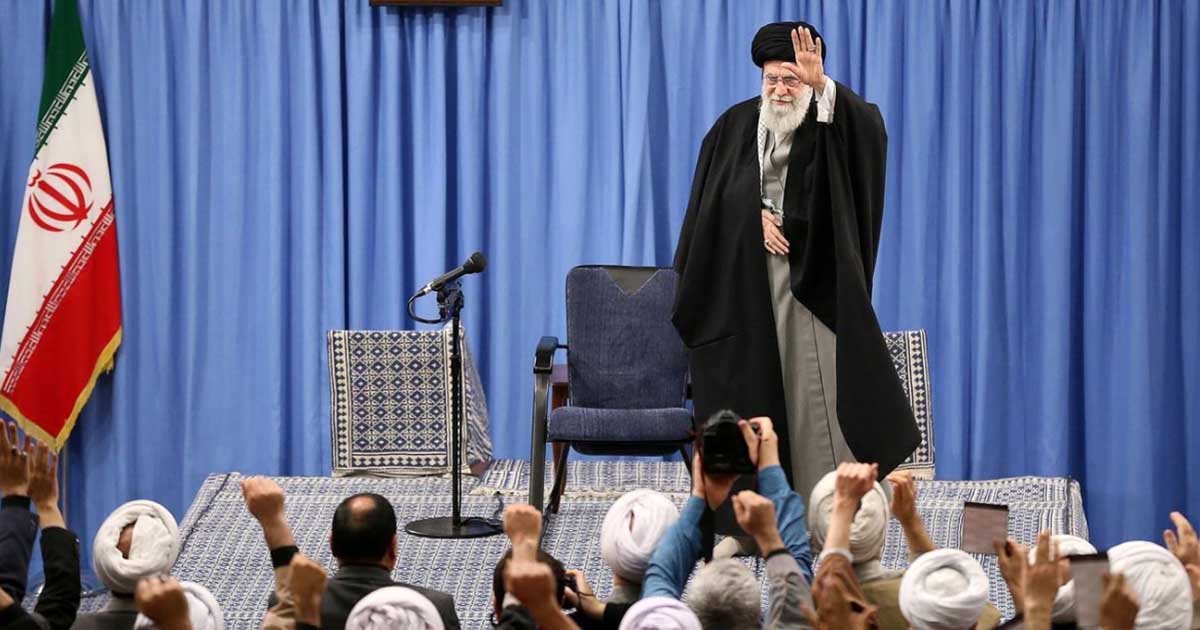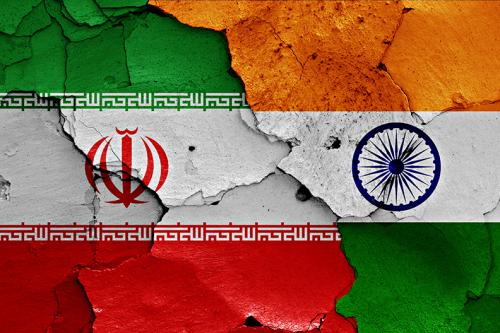AFP |
In the covered alleyways of old Najaf in Iraq, poetry and philosophy books compete on laden shelves with economic treatises, the Koran and other theological tomes for students’ attention.
Since leaving his native Bangladesh for the Shiite holy city three years ago, religious student Mohammed Ali Reda has regularly frequented secondhand bookstores. There are many like him in Najaf.
Najaf “is like no other city in Iraq (it’s) steeped in religion and literature”, said Jamal el-Din, sporting the black turban.
Some wear turbans black for descendants of the Prophet Mohammed, and white for religious scholars. “I am still at the start of my apprenticeship”, said Reda, in one of the dozens of bookshops in the city’s Howeish market.
Wearing a simple white robe and scarf, he speaks in hesitant Arabic, like his Iranian, Pakistani and Turkish student peers. “For the moment, we have lessons in Arabic, law and Islamic morals”, he added.
Read more: US blames indirect fire for shutting of Iraqi consulate
The 19-year-old avidly seeks advice on books on Islamic law, religious principles and other lessons of Shiite Islam. While Iraq is majority Shiite, only a minority follow this strand of Islam in Reda’s homeland, like most of the rest of the Muslim world.
A City Apart
Several decades Reda’s senior, Mohannad Mustapha Jamal el-Din a religious student turned teacher also feels at home among the bookstalls. Najaf’s 750-year-old market helps make it a “city apart”, he enthused.
Located 150 kilometers (95 miles) south of Baghdad, the city welcomes millions of Shiite pilgrims every year. They come to visit the tomb of Imam Ali, son-in-law of the Prophet Mohammed and a founding figure of Shiite Islam.
Famed British archaeologist Gertrude Bell “visited the Najaf book market” in the early 20th century, Hakim added proudly.
Najaf “is like no other city in Iraq (it’s) steeped in religion and literature”, said Jamal el-Din, sporting the black turban. Among the crowds of religious students, there are also poetry lovers. Some, like Jamal el-Din, have a foot in both camps.
“One can be versed in both fields (knowledge of) one does not preclude the other”.
Iraqi poet Mohammed Mahdi al-Jawahiri could be found in Najaf’s alleyways and bookstores in the 1920s, as he progressed from strict religious instruction to militant journalism in Baghdad.
Read more: A year of crisis since Iraqi Kurdistan’s bid for independence
Twenty-one years after his death, his collections sit on shelves that heave with a splendid array of titles, stretching to the arcane such as “Islamic economy Marxist or Capitalist?”
Other one-time students have found their calling in the maze of Najaf’s old city, and become famous in their own right.
Bell and Sistani
Examples include the Grand Ayatollah Ali Sistani, the spiritual leader of Iraq’s Shiite majority, and Mohammed Bakr Sadr, a great Shiite thinker.
Sadr was killed by former dictator Saddam Hussein’s regime and was an uncle of political heavyweight Moqtada Sadr, whose electoral list won the largest number of seats in Iraq’s legislative elections in May.
“We want our students to view books as their primary source, ahead of the internet” for verified information, Hakim said.
Until the 1950s, secondhand bookstores held weekly meetings for students in Najaf, according to Hassan al-Hakim, an expert in history and Islamic civilization.
They “gathered near Imam Ali’s tomb and every Friday they sold works at auction, including many original editions”, said the professor of Kufa University, who has set up a heritage association for Najaf.
Famed British archaeologist Gertrude Bell “visited the Najaf book market” in the early 20th century, Hakim added proudly. The academic contends that the city’s special status should not be threatened by the shift of much academic literature online.
Read more: Nearly a year since fall of Iraq’s Mosul, hunt for bodies…
“We want our students to view books as their primary source, ahead of the internet” for verified information, Hakim said. And “by looking for a book, we can find others that interest us”, he noted.
© Agence France-Presse














